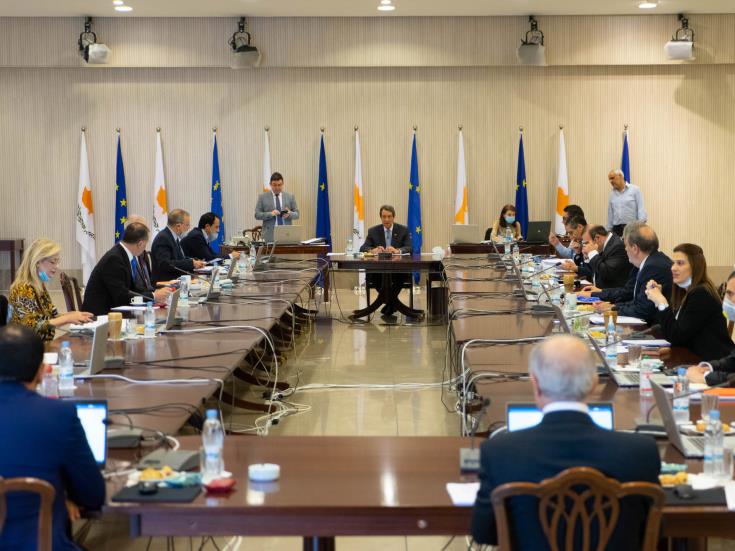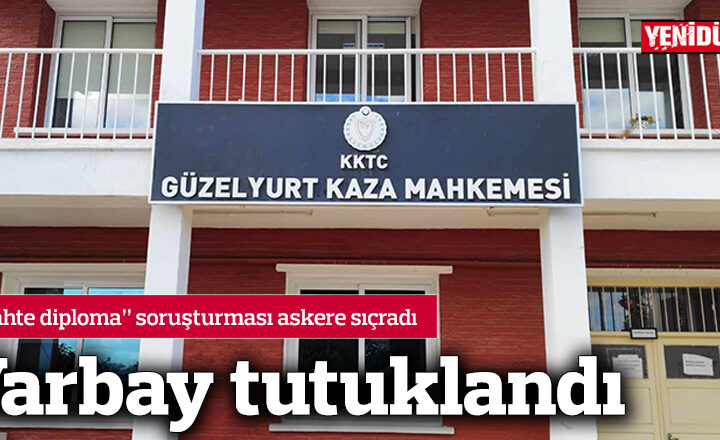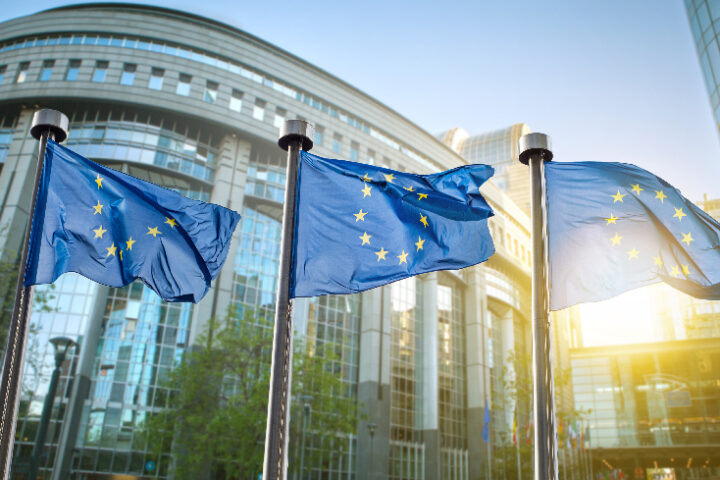The government could not have given a poorer excuse for its shortcomings and fall from grace than when it claimed parliament blocking the 2021 budget would “jeopardise welfare and development” spending.
What development? What welfare?
State schools have seen their expenditures slashed, the national health system is cutting corners to stay afloat, infrastructure projects have been left behind, roads are in a sorry state, they are only freshly asphalted depending on which VIP is visiting the island.
Apart from a few promising sectors, headed by a handful of visionaries, our economy, in its present form is no longer sustainable.
As with the rest of Europe, the fallout from the COVID-19 pandemic is set to inflate public debt to levels not seen in years.
Finance Minister Constantinos Petrides appealed to deputies to pass the budget, saying it is the best tool to manage the pandemic and help the economy recover from the recession caused by the coronavirus.
Where the Finance Ministry sees future recovery or even growth potential is anyone’s guess, as the real economy continues to suffer with dwindling earnings for state coffers.
Instead of investing in growth, everyone’s effort nowadays, including the opposition parties, is to satisfy the mass of public servants and make sure their pay is not cut, at least not until after the May 2021 parliamentary elections.
By then, the administration hopes, some vaccine will have been found, tourism will pick up again and we’ll be back in recovery mode.
Instead of politicians at least trying to bring their credibility from the dead, they continue to bicker over how to punish, or not, the discredited Anastasiades administration.
The standoff has reached its zenith with the government hiding behind the Attorney General saying it will never hand over the dossiers to the Auditor General of 18 ‘investors’ in the casino project (dubbed “the best thing since tashinopita”) who were granted ‘golden passports’ because of who they hired and who they knew in Cyprus.
The auditor, who is tasked with maintaining clarity, transparency, and a sense of fairness in state financial dealings, is absolutely right.
According to the recent EY study on state revenues, during the hiatus of the cash-for-passports scheme and without conducting proper due diligence for every applicant, the government earned a mere 6% of the billions raised.
The rest was tolerated by this administration to help rescue developers from the multi-million debts they owed to the banks, which in turn collapsed and forced Joe Public to pay for the damage.
Now, the government is hoping Brussels will get the green light from the European Parliament to approve the latest fiscal stimulus, some of which will trickle back to Nicosia, not realising that this will be considered a new bail-out with fresh conditions and harsher controls of fiscal discipline aimed at putting member state finances back on a healthy and sustainable footing.
Budget cuts turned out to be counterproductive, by lowering growth and slashing state revenues.
The excuse used this time (there is always an excuse), is the government needed to support businesses with COVID-linked furloughs and handouts, which is why no-one is complaining.
The plan is to survive until next summer, after which, in theory, everything will be hunky-dory.
But if the government does not re-ignite the economy with development spending (not civil service payrolls), then the economy is doomed with further austerity on the horizon and no chance of ever becoming sustainable.
By putting water in its wine and allowing an all-out investigation into the corruption disease spreading faster than coronavirus, this administration will at least save some of its tarnished credibility.
Only then will our EU partners be more forthcoming to assist, economically and politically.










